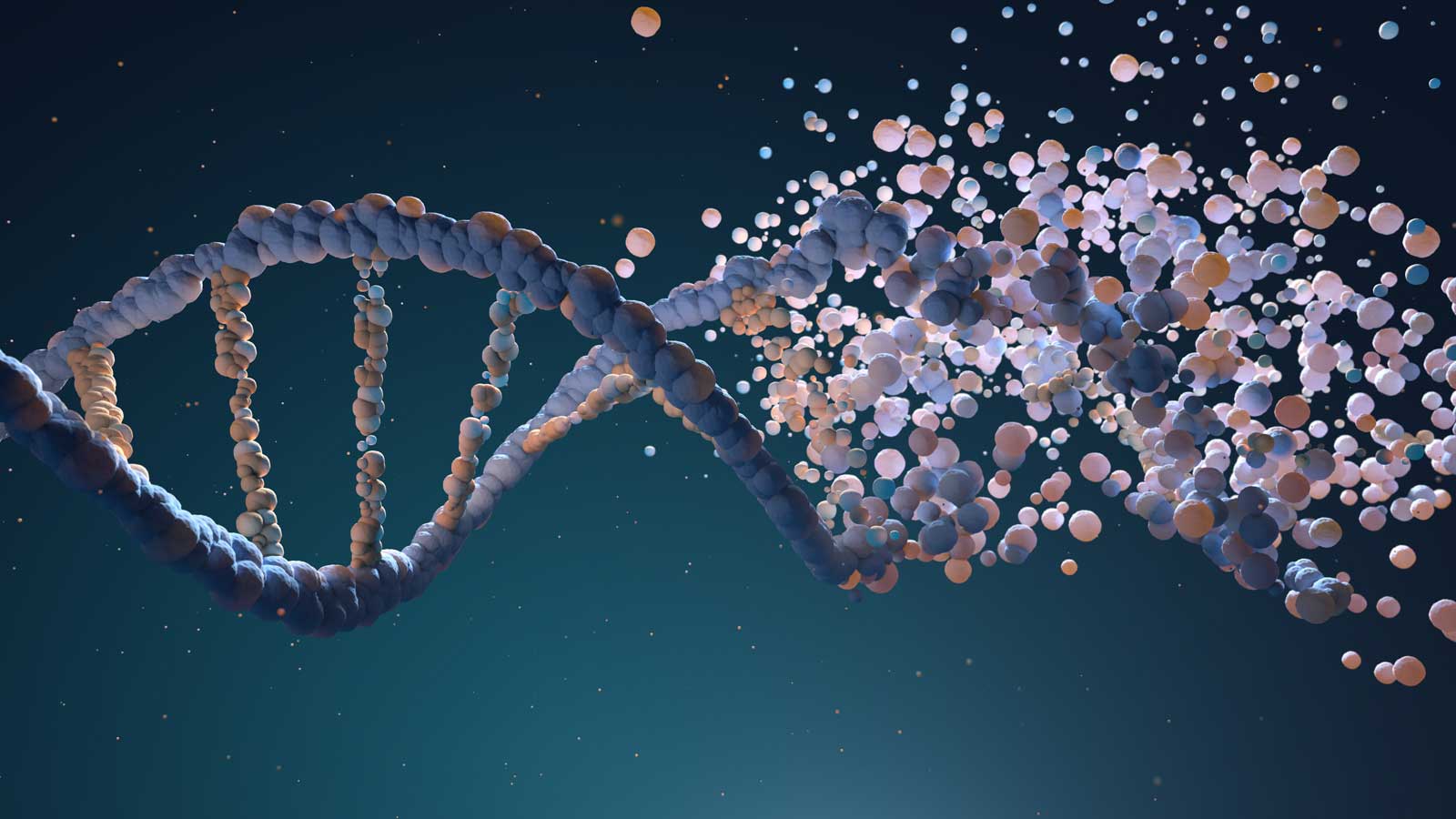Autoimmune diseases are often described in modern medicine as the result of an overactive immune system that mistakenly attacks healthy organs and tissues. The body becomes confused, unable to distinguish between “self” and “invader,” leading to a cascade of inflammation and damage. While this physiological explanation offers insight into what is happening at a cellular level, it doesn’t address the deeper question: What is the root cause of this miscommunication in the body?
To truly shift and manage autoimmune conditions, we need to look beyond just treating symptoms and consider how the body communicates with itself. Autoimmunity, in many ways, can be seen as the body’s language—its way of expressing inner turmoil, emotional conflict, or unresolved stress. So how can we listen to and interpret this body language to guide us on a path to healing?
What is Autoimmunity?
At its core, autoimmunity is a form of self-attack. The immune system, which is meant to protect the body from invaders like bacteria and viruses, starts attacking healthy cells instead. This breakdown of communication can be triggered by many factors—environmental toxins, infections, genetic predisposition, emotional trauma, and stress.
For example:
-
- In Hashimoto’s thyroiditis, the immune system targets the thyroid gland, leading to inflammation and destruction.
-
- In multiple sclerosis (MS), the immune system attacks the myelin sheath that protects nerve fibres in the brain and spinal cord, disrupting communication between the brain and the body.
Common medical treatments often focus on suppressing the immune system to reduce symptoms, but this approach can be a double-edged sword. While it may provide temporary relief, it often does not address the underlying causes and may even leave the body more vulnerable to further autoimmune conditions.
Autoimmunity as Body Language
Instead of simply viewing autoimmunity as a malfunctioning immune system, many practitioners are beginning to understand it as the body’s language, signalling deeper internal conflicts. What if the immune system’s attack is an expression of the body’s rejection of itself? The body, in this view, could be trying to communicate that something is out of balance—emotionally, psychologically, or environmentally.
This inner conflict can stem from:
-
- Toxin exposure, including heavy metals or mould
-
- Infections, such as viral or bacterial triggers
-
- Emotional and psychological stress, including past trauma or ongoing chronic stress
-
- Spiritual or existential disconnect, a sense of not being at home in one’s own body
Healing autoimmunity requires addressing not only the physical symptoms but also the emotional, psychological, and environmental factors that fuel the immune system’s rebellion. The process involves “retraining” the immune system and restoring balance—creating harmony between the mind, body, and spirit.
Healing Autoimmunity and Restoring Connection
- Acceptance and Establishing Safety in the Body
The first step in healing autoimmunity is acceptance. Acknowledge that the body is experiencing dysregulation and that healing is necessary. Accepting the situation doesn’t mean resignation; rather, it creates a foundation for change.
Since autoimmunity reflects an inner conflict—a “fight” within the body—taking the time to practice self-compassion and establish safety within your body is essential. This might take time, especially if the symptoms have been present for years or decades. One powerful tool in this process is Open-Heart Medicine, a practice I recommend to help patients shift from a state of survival-driven reactivity into a place of love, compassion, and self-acceptance.
Open-Heart Medicine is about connecting with the heart space through specific meditation practices designed to help you break through the barriers of fear, trauma, and inflammation. In doing so, it enables your cells to feel safe enough to heal.
- Removing Common Toxins and Detoxifying the Body
For years, autoimmunity was thought to be solely a genetic issue. However, research now shows that environmental toxins play a significant role in the development of autoimmune conditions. Heavy metals, mould, pesticides, and chemicals in food, personal care products, and cleaning agents can all contribute to immune dysfunction.
Gently removing toxins from the body—through a targeted detox protocol—can be crucial in reducing inflammation and easing the immune system’s burden. Regular detoxification helps the body reset, allowing the immune system to function properly and reducing the “internal conflict” driving autoimmune attacks.
At the same time, it is essential to avoid further toxin exposure by choosing organic, chemical-free foods, products, and supplements. Reducing your daily exposure to harmful chemicals, such as glyphosate (found in many pesticides), is vital in supporting the healing process.
- Focus on Nutrient Density and an Anti-Inflammatory Diet
A nutrient-dense diet is key to supporting immune function and reducing inflammation. By focusing on whole, organic foods, you provide your body with the building blocks needed to heal. Anti-inflammatory foods—such as colourful fruits and vegetables, healthy fats like avocado and olive oil, and lean proteins—help modulate immune response and calm inflammation.
Eliminating common inflammatory triggers like gluten, dairy, sugar, and processed foods will give the body the space it needs to repair and regenerate. Antioxidants, particularly those from colourful fruits and vegetables, play an essential role in calming inflammation and restoring cellular function.
- The Wisdom of Plants and Mushrooms
While supplements can be useful, nothing compares to the life force and healing properties of whole botanicals and medicinal mushrooms. Functional mushrooms such as reishi, cordyceps, and turkey tail offer powerful immune-modulating benefits. They work with the body to balance immune function, reduce inflammation, and regulate the immune system.
Similarly, herbal remedies like echinacea, ashwagandha, and turmeric can support immune health, fight infections, and promote healing. The combination of both plants and fungi provides a holistic approach to supporting immune function and restoring balance.
Conclusion: Healing Through Harmony
When the body is fighting against itself, it’s a sign that something deeper is out of balance. The true healing journey requires us to listen to the body’s messages—its language—and respond with compassion, patience, and understanding. By addressing both the physical symptoms and the emotional and spiritual roots of autoimmunity, we can begin to restore harmony within the body.
Autoimmunity is a complex and multifaceted disease, but it’s not beyond healing. By cultivating safety, removing toxins, nourishing the body, and incorporating medicinal plants and healing practices, you can retrain the immune system and reclaim a state of balance and wellness.
Healing takes time, but with the right approach, it is possible to restore your body to its natural state of harmony.








